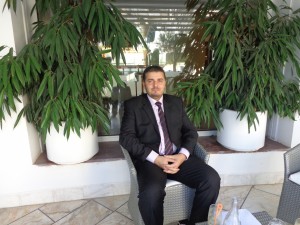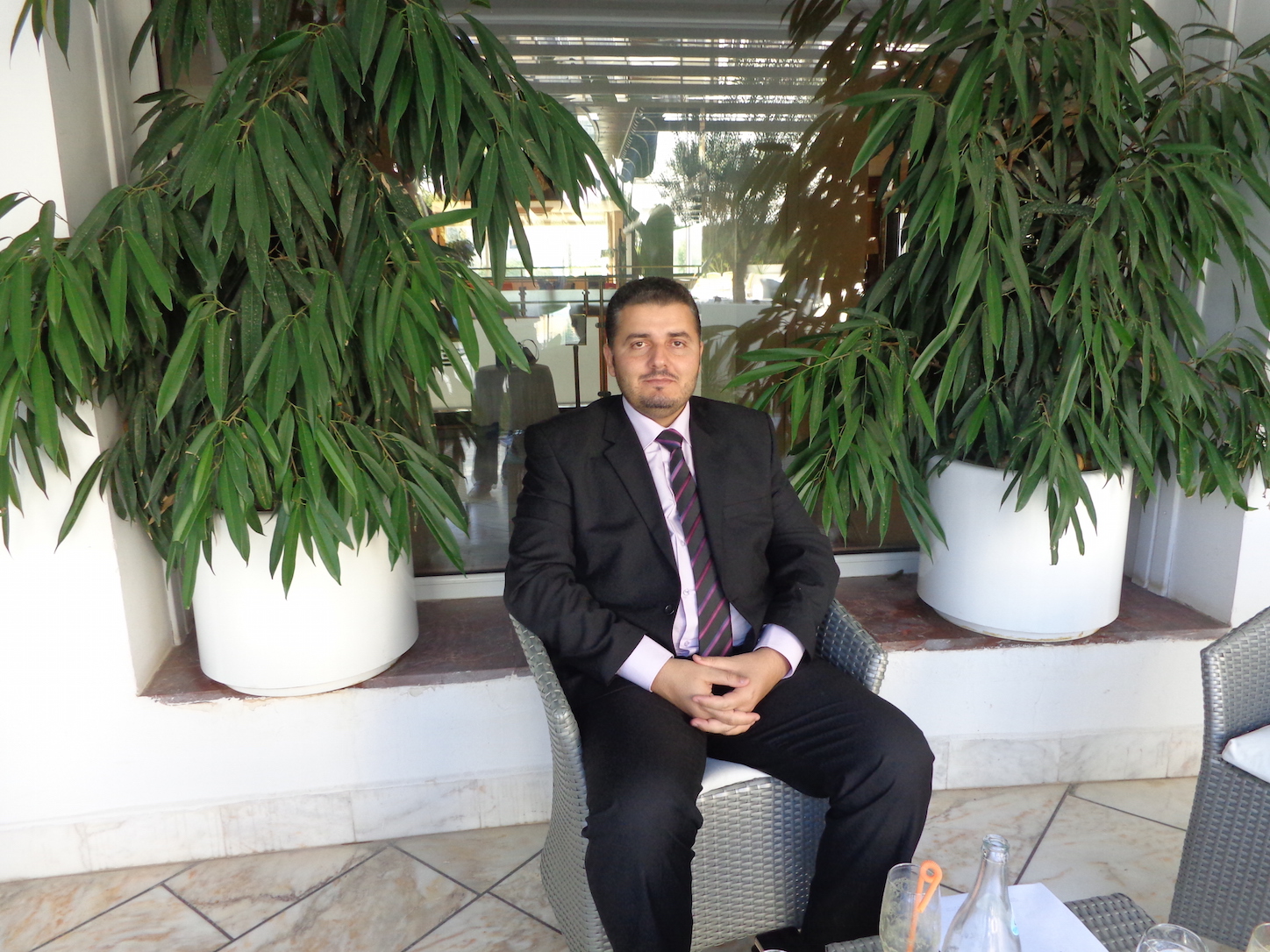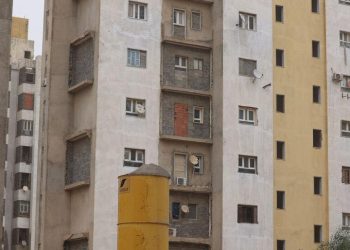By Ajnadin Mustafa.

Tunis, 16 November 2014:
Al-Wataniya, the government broadcaster, is struggling to get back on the air, hampered by a lack . . .[restrict]of funds, limited facilities and a security situation which has seen the kidnap and murder of journalists.
The man tasked with reopening the national television station is the head of the Media and Culture Authority, Omar Al-Guweri. He told the Libya Herald that he had spent a million dinars out of his own pocket to reestablish Wataniyah because the government had yet to disburse the allocated budget. This investment includes a custom-built new headquarters currently being constructed in Beida.
According to Guweri, Wataniyah currently has three stations, in Tobruk, Beida and Tunis. The last was chosen, he said, because although Egypt was technically better than Tunisia, Tunis did have the infrastructure. It was also a place where the station’s journalists could operate in safety.
“Reporters and media personnel have been kidnapped and even killed,” he said.
Moreover, he said, Beida, the centre of the plans for Wataniyah was still lacking in many facilities
Furthermore, Tunisia had the infrastructure, while Beida is still lacking in many of the necessary facilities.
“Can you believe Beida does not even have a water system?” he said, “The city still depends on the purchase of water from tankers. Members of the media will not work in such circumstances.
“We chose Tunisia because there are currently more than 1.5 million Libyans here. They need a media outlet to be a voice for them as they navigate their sufferings and their concerns.”
He said that there was also a large number of freshly-trained Libyan journalists in Tunis who could be hired by Wataniyah.
Guweri complained that, even with all the work being done to get the Wataniyah offices up and running and improve broadcasting, the Libyan government has still not paid anything towards the cost.
“None of the budgeted money has been disbursed,” he said, “I have spent as much as one million Libyan dinars out of my own pocket”.
He said getting Libya’s new state-run television stations ready has been costly and labour-intensive, but he insisted that he looked forward to the day when Beida will be the site of a new state-of-the-art broadcasting station and cultural centre.
He explained that the Beida broadcasting station will contain a modern studio to record singers and poets. It will be free of charge. The station will sit on the grounds of a large park—“the best park in the town of Beida” .
Guweiri said that the ongoing work would also include a culture centre
“The building that will house all this had not been maintained for more than three decades and is undergoing a complete renovation”.
The first floor, which will contain a large reading room, an internet lounge and a meeting hall, has already been completed, he said. The second floor is still under construction. It will hold spaces for writers and poets, administrative offices and a café. This, as well as the rest of the centre, will be free of charge for its members.
“We have also received land for a museum in Shahat. The land has been set aside for this since 1968, but the museum was never built,” said Guweri. “We have begun to prepare for the implementation of this project as well.”
He also talked about the radio station in Malta that has not been operating since the revolution. Last month, he said he had signed a number of media agreements with the Maltese Minister for Home Affairs and National Security, Emmanuel Mallia, including one to reactivate a radio station in Malta, closed since the revolution.
The Maltese authorities have since denied signing any agreement to permit Libya to set up radio and TV stations on the island, saying that only discussions had taken place without any formal decisions.
Guweri said that he feels optimistic about the future of journalism in Libya. He said Libya had a large number of broadcasting stations that remain largely unremarked. At the same time, he thought that there were many journalists in Libya who had zero expertise and should not be working in the field.
Right now, he said, as the national broadcaster, Wataniyah was still experiencing a lot of technical difficulties. The frequent power outages had led to the purchase of an electricity generator, which had helped. However, problems still existed, he said, because personnel needed more training and expertise.
“Currently we do not have the equipment that we would like but we are trying to become a media outlet that may compete with satellite channels such as Sky News and other large stations. There is still a long road ahead of us,” he admitted.
[/restrict]









